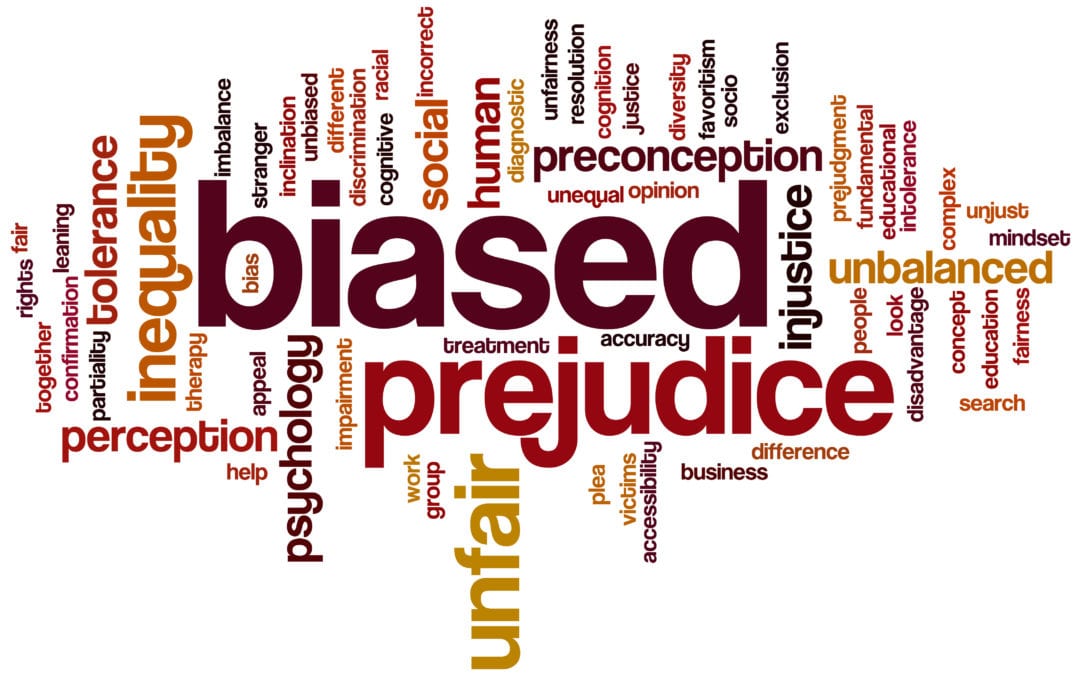Scenario: a father and son are involved in a car crash. The son is rushed to hospital and then to theatre. The surgeon walks in and says, “That’s my son.” Who is the surgeon?
The surgeon is the boy’s mother. Did you think it was a man? You wouldn’t be alone. As a society, we are programmed to think of surgeons as men – this is how they’re often depicted on television, the news features male surgeons for a quotation and there isn’t a feminine word for surgeon as there might be for other professions. If we changed the scenario to be about teaching, we would assume the teacher was a woman.
Unconscious bias is when we instinctively classify and, perhaps, favour people according to obvious traits such as gender, age, ethnicity, weight and, as here, job title. We all do it, without even realising; it’s our mind’s way of simplifying life for us, making snap decisions to save us having to think too hard. This can be useful in dangerous situations, but it could be a damaging factor in job searching and recruitment.

So what should you consider when applying for jobs?
If you’re looking for a new job, you need to ensure that your CV is as robust as possible against the chances of unconscious bias. How can you achieve that? By impressing recruiters with the quality of your experience, the impact of your achievements and the versatility of your skill set. The City CV team of CV writers are the experts at ensuring recruiters focus on your ‘best bits’ but some key pointers are:
- Write objectively and factually about your experience;
- Focus on your achievements and impact to turnover/sales/repeat custom etc, providing evidence where you can;
- Not to add a photo of yourself to your CV. Yes, yes, we know they can easily look you up on LinkedIn (where you should have an excellent corporate headshot) but you want to remove the opportunities for unconscious bias to take hold.
To combat unconscious bias, diversity is your ally. This word has been around the world of work for a long time but it is really starting to take shape thanks to global mobilisation and communication. Employers are realising that there isn’t a ‘one size fits all’ and to attract a diverse client base, they need a team of employees to match, of all shapes, sizes, ethnicity, gender… the list goes on.
As an interviewee, research your target employer’s diversity policy – the depth and structure of this might help you prepare for an interview. A detailed policy suggests that diversity is taken seriously and is an important part of the culture.
If you’re an interviewer or recruiter, to minimise your judgements of others, interact with people who are unlike you; this will expand your awareness of others and limit your prejudices. You can achieve this in the work place by:
- Networking – this is an effective way to interact with people other than your friends or immediate colleagues at work. At networking events, you’ll meet a variety of people from different departments, improving your knowledge of the organisation and making new connections.
- Collaborating with different teams – perhaps you’ve kept another team at arm’s length during a project as you just want to get on with the job at hand but why not actually hot desk with them and learn about the different personalities at play? This will certainly help with the project progress as well as helping to change some preconceptions.
- Mentoring – someone unlike you or having a mentor who is from outside your usual societal parameters.
As an interviewer, ahead of time, think about your social circle and what your unconscious biases are or might be. If you’re aware of them, then they’re easier to disregard as you potentially jump to conclusions. Also, judge candidates on facts and evidence, rather than anything else.
Unconscious bias is as involuntary as breathing, we can’t help it. It’s better to be aware of it though and what we can help is how we tame those judgements so that we use them when we really need, we keep them to ourselves and make sound decisions despite them, not because of them.

